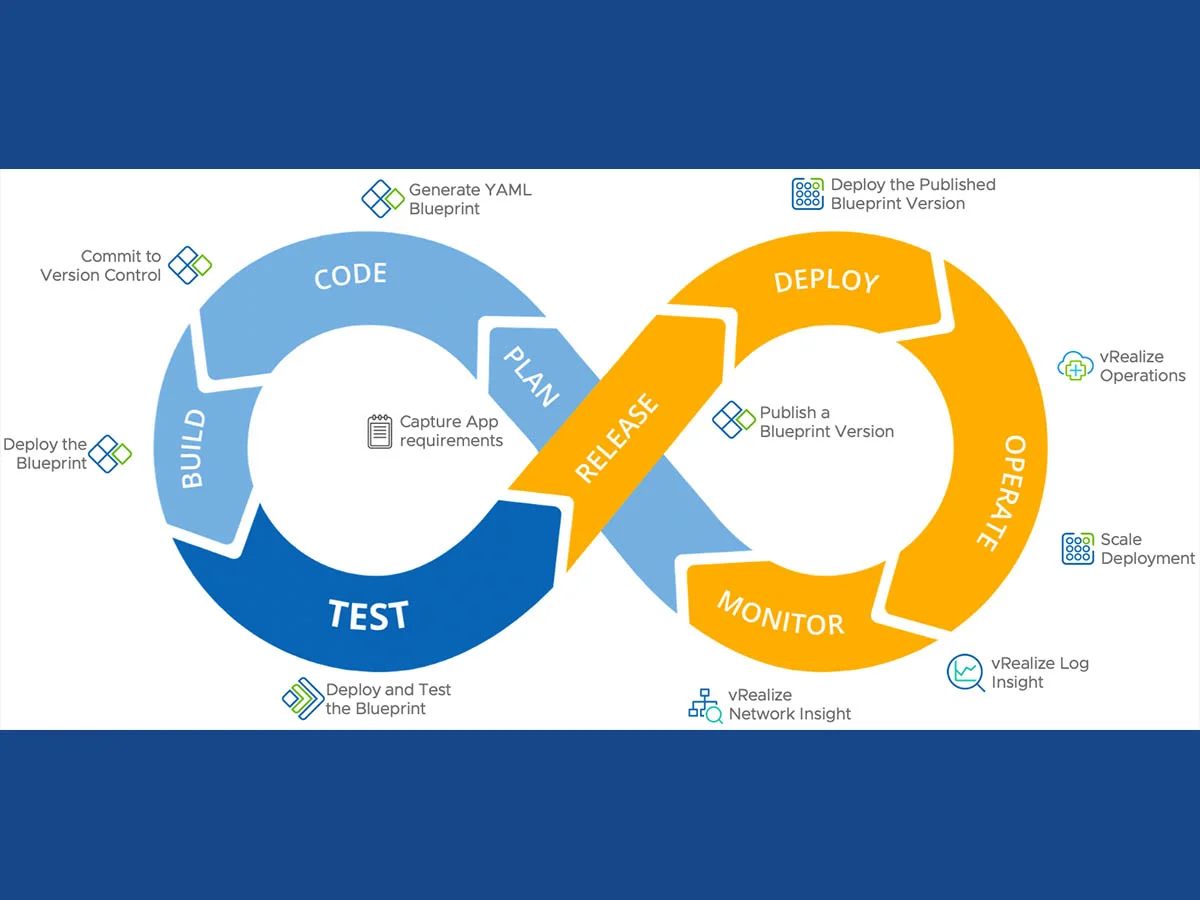May 30, 2022

DevOps Explained for Product Managers
Product managers are increasingly being called on to play a role in DevOps, even if they don't have a lot of experience with it. That's because the goal of DevOps is to improve collaboration between development and operations teams, which can lead to better products. In this post, we'll explain what DevOps is and how product managers can use it to improve their products. We'll also discuss some of the benefits that DevOps can bring to product teams. Finally, we'll provide some resources for learning more about DevOps.
How can product managers use DevOps?
Product managers can use DevOps to improve the quality of their products and the speed at which they are delivered. By improving communication and collaboration between development and operations, product managers can make sure that features are implemented correctly and that problems are resolved quickly. In addition, by automating some of the tasks associated with deploying and managing applications, product managers can free up time for more strategic work.
What are the benefits of DevOps?
There are many benefits of DevOps, but some of the most important for product managers include:
Improved quality: By automating repetitive tasks and establishing clear communication channels between development and operations, DevOps can help reduce errors and improve the overall quality of products.
Faster delivery: Automation can help speed up the process of delivering new features and updates to customers. In addition, by improving collaboration between teams, DevOps can help reduce the time it takes to resolve problems and get new features into production.
Increased customer satisfaction: By delivering high-quality products quickly and efficiently, DevOps can help increase customer satisfaction. In addition, by making it easier for customers to provide feedback and get support, DevOps can help improve the customer experience.
How does the DevOps process work and how can it help you manage your products more effectively?
The DevOps process typically consists of four stages:
Develop: In the development stage, developers write code and create artifacts such as Docker containers.
Test: In the test stage, testers validate the code and artifacts created in the previous stage.
Release: In the release stage, code and artifacts are deployed to production environments.
Monitor: In the monitor stage, DevOps teams track the performance of applications and infrastructure in production.
By following this process, product managers can ensure that new features are developed quickly and efficiently and that problems are identified and resolved quickly. In addition, by automating some of the tasks associated with each stage of the process, product managers can free up time for more strategic work.
How does the role of the product manager change in a DevOps environment, and what skills do you need to be successful in this new role?
The role of the product manager changes from that of a traditional project manager to that of a product owner. As a product owner, you are responsible for defining the vision and strategy for your product. For working with your development team to ensure that the product meets the needs of your customers. You will be familiar with the DevOps tools and processes used by your team to effectively manage your product.
What challenges do product managers face when adopting DevOps?
One of the biggest challenges faced by product managers when adopting DevOps is culture change. DevOps represents a shift in how organizations think about software development and operations. This can be difficult for some people to accept. DevOps requires product managers to have a more hands-on approach to their work. Some product managers may not be comfortable with this. DevOps can require substantial investment in new tools and processes. The product managers need to be able to justify this investment to their organization.
Cyberium Is the Best Platform For DevOps
If you are looking to effectively manage your product in a DevOps environment, look no further than Cyberium. Cyberium is a cloud-based platform. It provides you with all the tools you need to plan, develop, test, release, and monitor your product. Cyberium offers a wide range of integrations with popular DevOps tools, making it easy to get started with DevOps. Contact us today to learn more about how we can help you take advantage of the benefits of DevOps.
Suggested Blog: https://fastbuilder.ai/how-can-blockchain-be-used-to-streamline-land-development-and-construction-processes/
Best
Discover the best practices of building best product experience from millions of ready-made product graphs or build one yourself.

Intelligent
In-depth intelligence of products in the form of product stories help in achieving quality, automation and efficiency in new and existing product implementations.

Augmented
Improve and augment end to end product selection, development, integration, and operation with detailed information and AI copilots.


